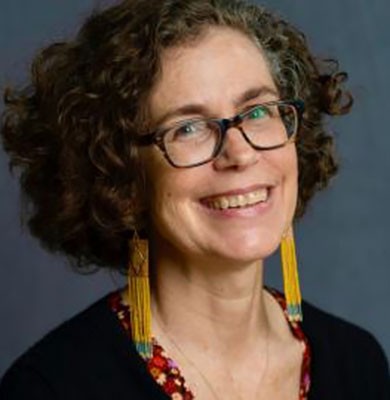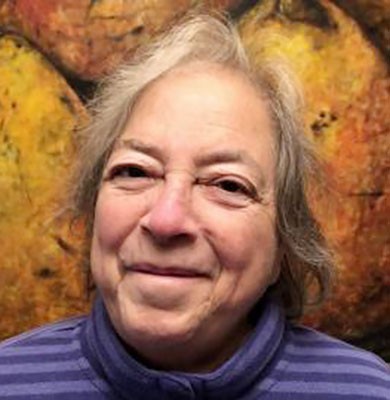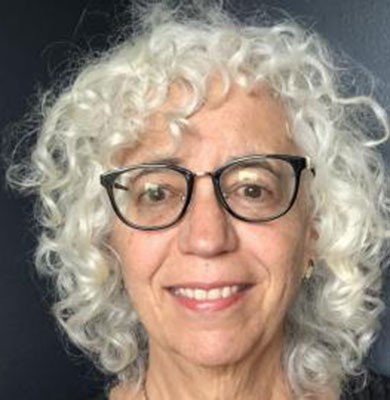Environment. Health. Innovation. Technology. Climate Change.
Learn to rigorously report the biggest science stories of our time through robust course offerings in our M.S. programs or the M.A. Science concentration for experienced journalists.
Overview
The Journalism School provides students drawn to science stories with skills to identify and report them and to tell them in a range of forms. The strong emphasis on investigative and data and on storytelling across formats supports robust, compelling science journalism.
The M.S. program offers several science-focused classes in the spring term. Students can also learn relevant skills through other parts of the curriculum: business reporting can provide tools needed to cover health care; data courses can train students to find hidden stories; feature writing can teach students how to bring a researcher's work to life.
Journalists in the M.A. Science concentration focus all their coursework on science journalism. In the M.A. seminar, they examine science close up — by studying fields such as climate change science and neuroscience — and with a landscape view, looking at history and patterns of discovery and innovation. They learn to probe deeply, ask advanced questions, and recognize context or comparisons that might be invisible to the uninitiated. They also receive high-level personal mentoring.
Student Work

For her master's project, Claire Marie Porter, '20 M.S., wrote about intrahepatic cholestasis of pregnancy (ICP), an under-the-radar disorder that occurs in about one percent of pregnancies and can lead to stillbirth. The story was published on the front page of The Washington Post's Health and Science section.

Cassandra Basler, '15 M.S., follows two students from the Bronx as they decide if an intrauterine device (IUD) is right for them, a device that has become the frontline recommendation for teens nationwide.








